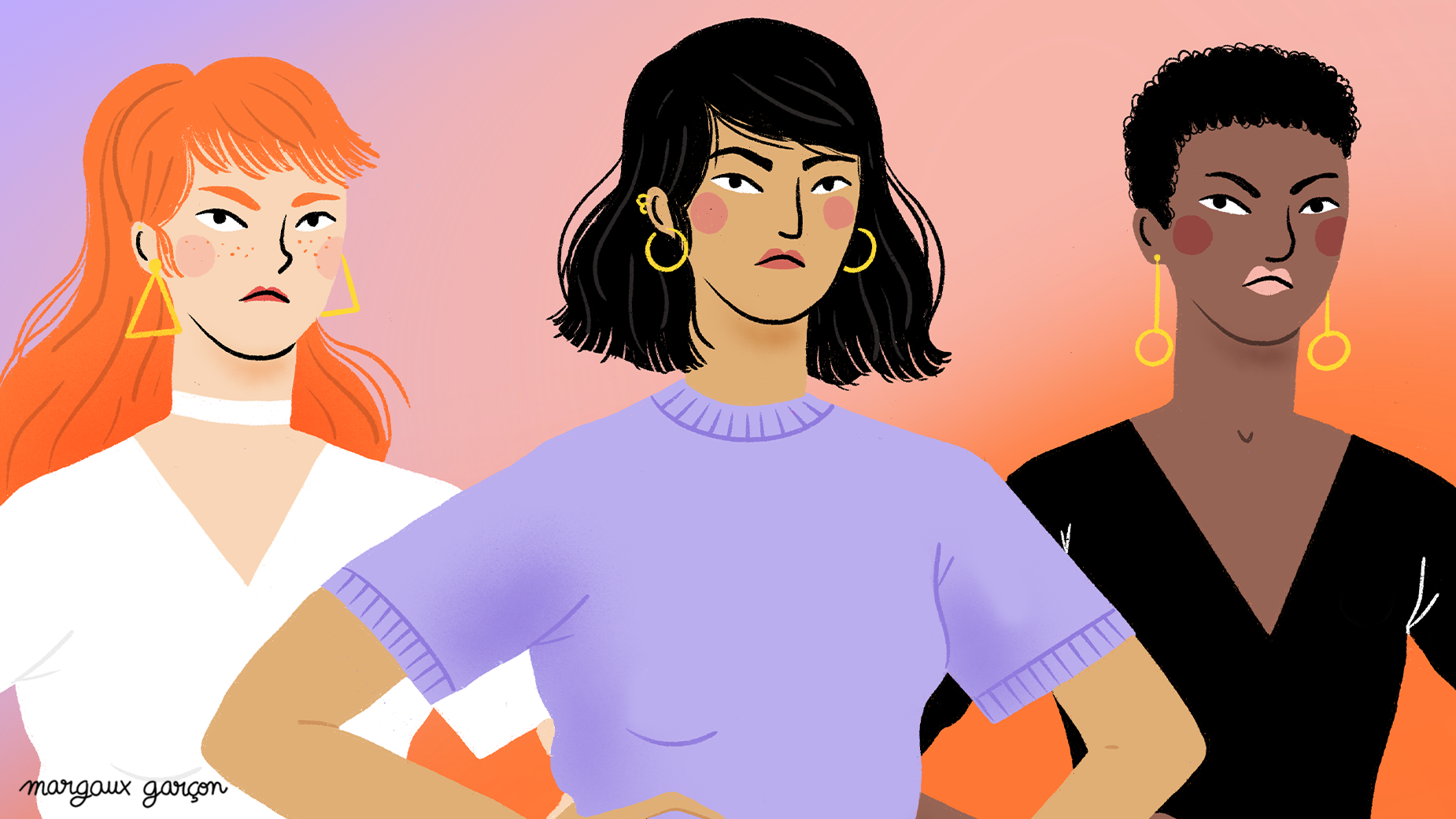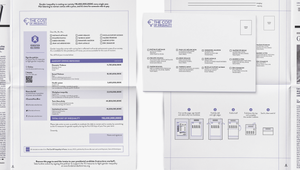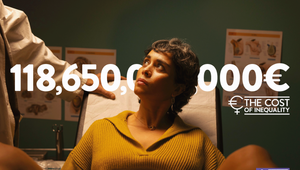
The Privilege of Being Unlikable

Women are not born more pleasant than men. It’s not a character trait in half the population's DNA. I don’t know a single woman who enjoys softening her tone, diluting her argument or patiently waiting her turn. We’re not constantly apologising to resolve our remorse, but because the word “sorry” has become a life raft that helps us navigate the ever changing seas of expectation.
There are many (men) who argue that women simply care more about being liked, and that they can act in exactly the same way as men do, if they only develop a tougher skin. This argument is dripping in male privilege.
The need to be liked isn’t frivolous or shallow, it’s not even emotional... It is quite literally how women have survived and progressed. Let’s not forget that it’s only in the last century that we have had the right to vote, to work, to be financially and legally independent. Before that, women were completely at the mercy of men and the only way for us to get anything in life was to kindly ask.
The tradition of female politeness has been inadvertently handed down from woman to woman, generation to generation and society to society for centuries. And as we infiltrate more and more patriarchal structures, this expectation is so deeply embedded that it is yet another invisible anchor firmly attached to all women… even the ones that chose the path of unlikability. Because let’s be clear, those that make the choice to ignore the expectation placed on them to be pleasant are not free from consequence. This is a privilege reserved only for men.
When we look at this dynamic in the workplace, progress has been made to release women from this likability paradox. It’s now unacceptable to ask a woman to smile, you can no longer make a joke that if a woman is not ‘pleasant’ she must be on her period, and gender-loaded derogatory words like ‘bitch’ are less and less common. But these interactions happen face to face, when it’s easy to read the tone of the room. What happens when we take the conversation online - to emails, chats and messages?
Sorry, but we actually start to see a lot of indirect, passive language that would be great if we could all maybe just stop doing! :) Does that make sense? :)
Without the verbal cues that indicate tone, women are forced to amp up their likably level to 100, just to be safe. We go from being professional badasses to teenagers sprinkling smiley faces, exclamation points and qualifiers that demean our intelligence, opinions and authority.
Which besides being a colossal waste of time, is subconsciously undermining our abilities and reducing our chances of success.
After all, who would you put more trust in? The person who puts five smiley faces in every email or the one who writes back with a direct demand?
It’s not going to happen overnight, but this is one bias we can overcome with just a little bit of awareness. Most women aren’t mindful of the fact they use apologetic words like ‘sorry’, ‘just’ or ‘actually’ on a regular basis, so check yourself and check the women around you. To help with this, there is a chrome plugin called ‘Just Not Sorry’ which functions like a spell checker for undermining language.
Next time you think a woman is being rude, take a second and ask yourself if you would feel that way if she was a man. Is she being unpleasant or is she just not being pleasant? And more importantly, is there a professional need for her to be pleasant in this situation?
We need to extend the privilege of not having to be ‘on’ in every single interaction. We need to put an end to calculating the exact number of smiley faces or exclamation points it takes to appear professional, yet approachable. We need to let women be “unlikable”.
Illustration by Margaux Garcon.















